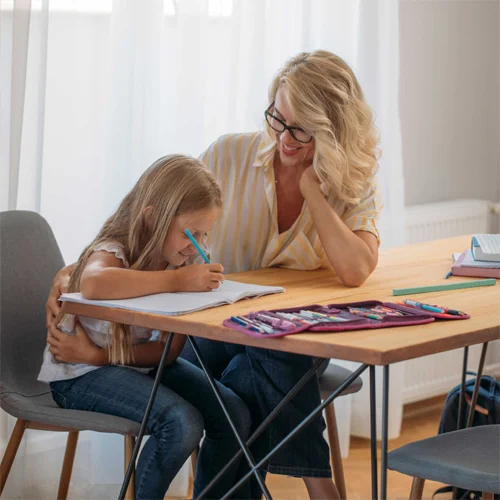
Tutoring and homework help
SOSteacher is a Canadian tutoring company specializing in academic tutoring and homework help since 2015. Over the years, we have helped more than 22,000 students overcome their learning difficulties and improve their academic performance, thanks to our certified tutors!
Here are the subjects we offer in-home and online tutoring for elementary, high school and college tutoring :
Mathematics, Chemistry, English, French, Science, Biology, History, Physics, Differential Calculus, Integral Calculus, French as a Second Language (FSL), Algebra.















